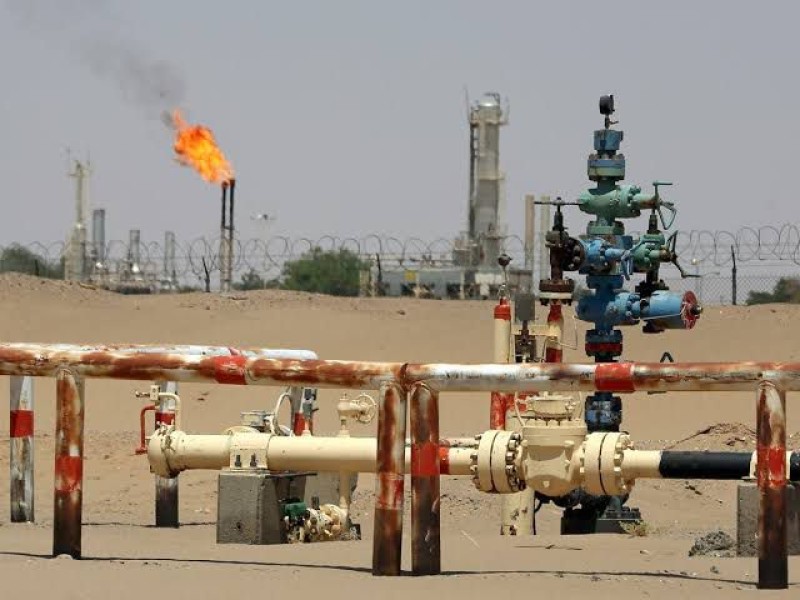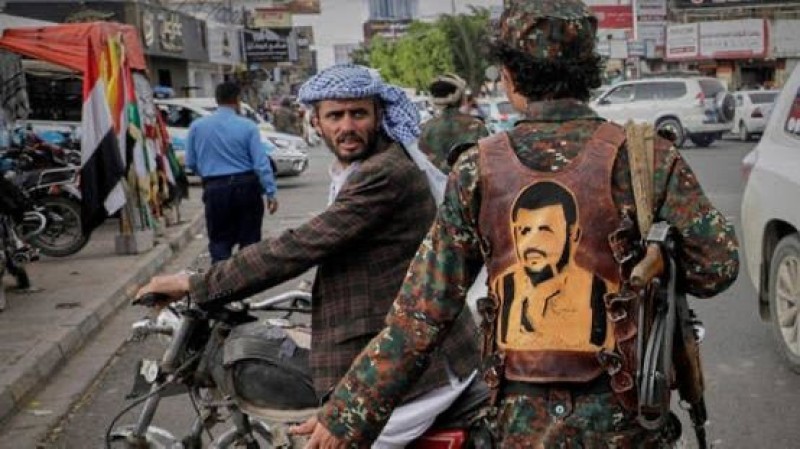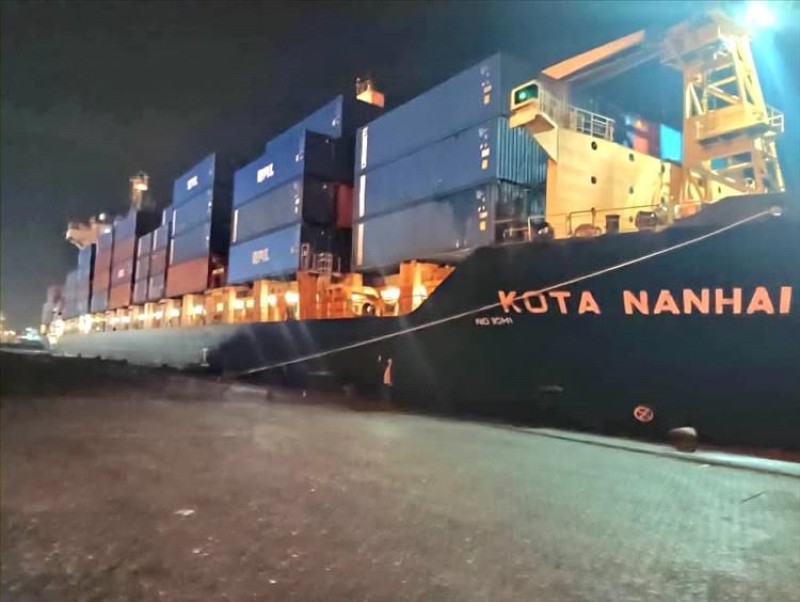Yemen: World Food Programme to cut aid by half in Houthi-controlled areas


The World Food Programme is set to halve aid to parts of Yemen's Houthi-controlled areas due to a funding crisis.
The UN says some donors have stopped their aid over concerns that deliveries were being obstructed by Houthi forces.
From mid-April, families will get aid every other month, instead of monthly.
The war in Yemen has been described as the world's worst humanitarian crisis. More than 100,000 people are reported to have died.
The World Food Programme (WFP), a UN agency, feeds more than 12 million Yemenis a month, 80% of whom are in areas controlled by Houthi forces.
The Houthis seized control of much of the west of the country just over five years ago, since when it has been engaged in a conflict against forces backed by Saudi Arabia and eight other Arab states. The conflict has created a major humanitarian crisis.
Lise Grande, the UN's senior representative in Yemen, told the BBC the lack of funds would affect every aspect of UN's assistance in the world's biggest humanitarian aid operation as the threat of coronavirus looms.
She said: "It couldn't come at a worse time with Covid-19 threatening."
There have been no cases of coronavirus yet in Yemen; however, there are concerns the country could be overwhelmed in the case of an outbreak. More than half of the country's hospitals and clinics have been destroyed in the war.
Some donors, including the US have already cut aid, claiming that donations were being obstructed and diverted in areas under Houthi control.
Some said there were long delays in permits and permissions and said staff had been harassed and detained.
However Houthi officials hit back accusing aid agencies, including WFP of corruption and mismanagement. Months of negotiations led to some changes however aid agencies say they are not enough.
"It's not the right time for the world to be cutting aid to to vulnerable people," said Sultana Begum of the Norwegian Refugee Council in Yemen. "There are issues with the Houthis, but the world has to scale up its response to deal with the virus."

Aden — For three decades prior to the outbreak of war, Yemen’s oil and natural gas sector played a decisive role in shaping the country…

Sana’a – The occupied Yemeni capital Sana’a is witnessing mounting economic panic and a sharp collapse in the real estate market…

Aden – The vessel Kota Nanhai departed Al-Mualla Container Terminal at Aden Port this evening after completing the unloading of 457 standard…